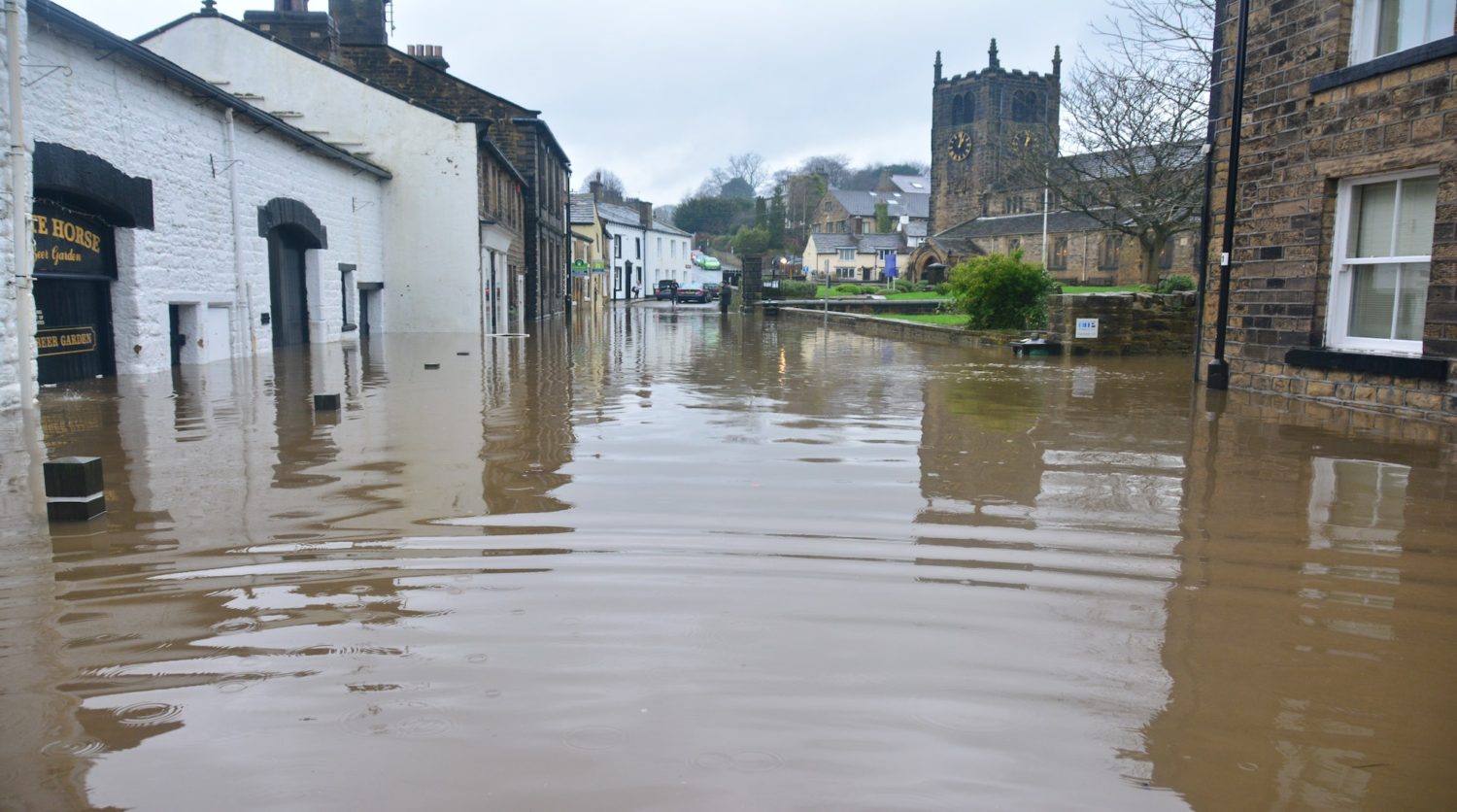Rising to the challenge
This crisis could offer a once-in-a-lifetime opportunity to create a more sustainable, climate-neutral and circular economy, writes Saïd El Khadraoui.
2021 will be a crucial year in many respects. Whilst we continue to face the most serious health crisis in decades, we also need to confront the economic and social repercussions that are likely to grow in the short term. But we need to seize the current moment created by the growing consensus that big economic investments are needed to bounce back. The scale of the stimulus packages that are currently being designed all over the world offer a once-in-a-lifetime opportunity to reshape the backbone of our economies and skip a few stages towards more sustainable infrastructure that can transform our socio-economic model and make it climate compatible. That is a challenge both the UK and the EU have in common.
Indeed, the many recovery plans designed to relaunch economies offer unique opportunities to foster long-termism and create a more sustainable, climate-neutral and circular economy. This will, however, not automatically be a successful undertaking.
It is too soon to say whether the crisis will be a catalyst that accelerates positive change, or whether it represents a setback in efforts to bring about the necessary mutation of our economic system. Lower oil prices – even if they went up again recently – may slow down the process of decarbonisation in the energy sector, and the uncertainty associated with the crisis may lead to cuts in sustainable investments. Moreover, there is the danger of a brown stimulus, as it is very tempting for governments to keep the old world alive by going back to business-as-usual. On the other hand, clean technologies such as solar panels or batteries are becoming cheaper rapidly. And there are other positive signs. With the reintroduction of the US to the Paris Agreement, recent announcements by Japan and South Korea to become climate-neutral by 2050, and China aiming to become carbon-neutral by 2060, a shared vision and a more ambitious global agenda on climate action is in the making. The COP26 conference later this year in Glasgow can be a unique opportunity to celebrate this, take stock and agree on how we can accelerate action.
Meanwhile, in the EU the Covid-19 crisis has so far not diluted the efforts promised in the European Green Deal. Instead, additional financial means are going to be earmarked for climate action in the forthcoming years. Indeed, 30 per cent of the EU’s €1000bn budget between 2021 and2027 will be reserved for climate action and at least 37 per cent of the additional €750bn funding provided by the EU’s recovery instrument – that includes €390bn in grants – will have to be spent on climate action. Moreover, the ‘do not significantly harm’ principle will ensure that the remainder of the spending will not go to polluting projects that contradict our longer-term objectives.
However, not every euro spent on climate action automatically leads to better outcomes. The question remains to what extent these investments will really contribute to rebooting the economy and transforming the key systems that define the way we live and work, our energy, mobility and food systems, the way we produce and consume, and build our cities. Science, new technologies and innovation will be of the essence and it is therefore extremely good news that the UK and EU will continue to work together through the multi-billion Horizon Europe research programme.
Beyond public spending, let’s not forget the crucial role of the reform of the financial system itself, another topic where the EU and the UK can join forces to create a global impact. The EU’s Sustainable Finance agenda should be beefed up further to reorient capital flows to productive, long-term investments and make climate and other sustainability risks more visible, and thus costly, by putting a higher price on carbon. Later this year, a whole set of proposals will translate the EU’s recent commitment to reduce greenhouse gas emissions by 2030 by at least 55 per cent -up from -40 per cent – compared to 1990. As we all know, the devil is in the detail and we can expect a lot of fighting around some of these issues. This avalanche of initiatives will coincide with the phasing out of massive state support to address the Covid-19 crisis. It remains to be seen how the expected backlash in terms of unemployment and bankruptcies will impact the appetite of governments to support these highly ambitious measures.
That is why it will be crucial to embed social considerations much more structurally in everything we do around climate. Many people may have the feeling that there will be no place for them in the future. People will oppose change if it creates and aggravates inequalities. Let us therefore monitor more carefully the distributional effects of climate measures, and make sure the transition benefits ordinary people, the many not the few. We need to showcase real solutions that can change people’s lives, for instance by accelerating visible and targeted investments in the massive renovation and upgrading of social housing. This way, we can address energy poverty, scale up markets for innovative solutions, and create local jobs altogether. Similarly, lifelong learning, reskilling and upskilling people will have to be at the core of climate action.
We need to define the climate transition much more as a societal project where top-down government interventions are combined with bottom-up action by diverse actors. This long-lasting endeavour will only succeed if people, cities, local communities, businesses and new types of organisations are co-creating the solutions for a better future.
If we can design our way out of the crisis , 2021 will be a great year for climate action, and for our democracies as well.

